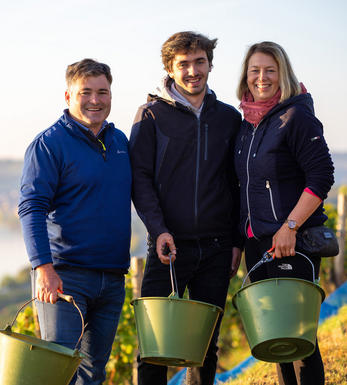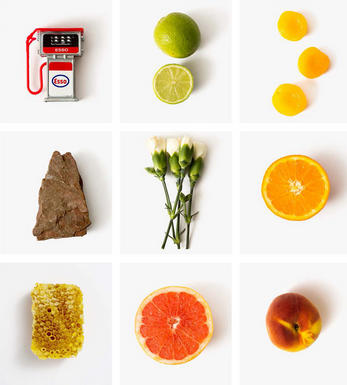![2018 Riesling, Kabinett, Limestone, Keller, Mosel, Germany [06 19] 2018 Riesling, Kabinett, Limestone, Keller, Mosel, Germany [06 19]](https://media.bbr.com/s/bbr/20188036207-ms?img404=Default_Wine&$deskPDP$&fmt=auto)
2018 Riesling, Kabinett, Limestone, Keller, Mosel, Germany [06 19]
![2018 Riesling, Kabinett, Limestone, Keller, Mosel, Germany [06 19] 2018 Riesling, Kabinett, Limestone, Keller, Mosel, Germany [06 19]](https://media.bbr.com/s/bbr/20188036207-ms?img404=Default_Wine&$PLPDesk$&fmt=auto)
About this WINE

Weingut Keller
One of Germany’s great estates, it is now run by Klaus-Peter Keller, who took over the running of the winery from his father in 2001. The focus is on making great dry whites that express their terroir but they have gained a very serious reputation for making top flight German Riesling in sweet styles too. The key to success for Keller, as with any top producer lies in impeccable vineyard management. Based in the Rhinehessen, where the wines have more generosity and richness than in the Mosel-Saar-Ruwer or even Nahe, the Kellers produce some of Germany’s most complete dry wines.

Riesling
Riesling's twin peaks are its intense perfume and its piercing crisp acidity which it manages to retain even at high ripeness levels.
In Germany, Riesling constitutes around 20% of total plantings, yet it is responsible for all its greatest wines. It is planted widely on well-drained, south-facing slate-rich slopes, with the greatest wines coming from the best slopes in the best villages. It produces delicate, racy, nervy and stylish wines that cover a wide spectrum of flavours from steely and bone dry with beautifully scented fruits of apples,apricots, and sometimes peaches, through to the exotically sweet flavours of the great sweet wines.
It is also an important variety in Alsace where it produces slightly earthier, weightier and fuller wines than in Germany. The dry Rieslings can be austere and steely with hints of honey while the Vendages Tardives and Sélection de Grains Nobles are some of the greatest sweet wines in the world.
It is thanks to the New World that Riesling is enjoying a marked renaissance. In Australia the grape has developed a formidable reputation, delivering lime-sherbet fireworks amid the continental climate of Clare Valley an hour's drive north of Adelaide, while Barossa's Eden Valley is cooler still, producing restrained stony lime examples from the elevated granitic landscape; Tasmania is fast becoming their third Riesling mine, combining cool temperatures with high UV levels to deliver stunning prototypes.
New Zealand shares a similar climate, with Riesling and Pinot Gris neck to neck in their bid to be the next big thing after Sauvignon Blanc; perfectly suited is the South Island's Central Otago, with its granitic soils and continental climate, and the pebbly Brightwater area near Nelson. While Australia's Rieslings tend to be full-bodied & dry, the Kiwis are more inclined to be lighter bodied, more ethereal and sometimes off-dry; Alsace plays Mosel if you like.


Buying options
Add to wishlist
wine at a glance
Delivery and quality guarantee